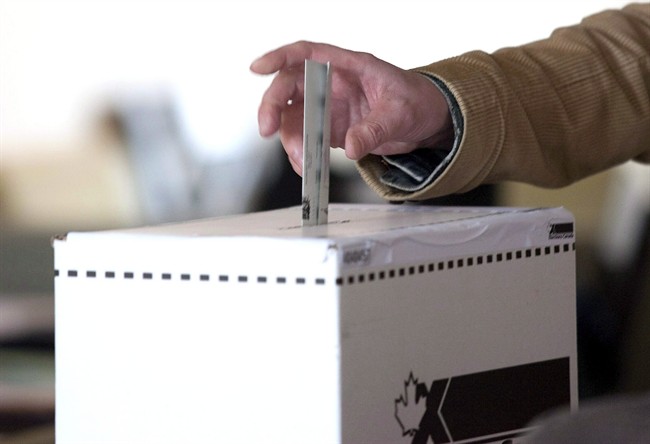VICTORIA – The looming federal election is already shaping up to be one of the most intriguing, interesting and historical contests in decades.

The official election campaign doesn’t begin until September, but it’s clear to anyone paying attention that the campaign has been underway for weeks, if not months, now.
Last week, for example, saw Liberal leader Justin Trudeau hold a splashy news conference (the background being beaming and generally youthful party supporters) to outline his sweeping plans to essentially overhaul democracy.
He wants to change everything from how we elect governments to how Parliament is supposed to work to guaranteeing gender parity in cabinet to requiring Supreme Court justices to be bilingual.
Trudeau garnered a fair amount of media attention for his efforts, which must have taken some of the sting out of a series of opinion polls that showed his party slumping with the voters.
Not to be outdone, Prime Minister Stephen Harper held his own big photo-op, this one involving him promising more than $2.5 billion in funding for Toronto’s transit system. Nothing particularly new there, but it got the PM some headlines and photos showing him with Toronto Mayor John Tory and Finance Minister Joe Oliver, who just happens to be an MP in the Toronto area.
Transit dollars are smart politics (which is why, as I have speculated in the past, Harper is likely to appear in Surrey between now and election day promising big bucks for that municipality’s proposed rapid transit lines).
Meanwhile, the NDP’s Thomas Mulcair is basking in the sunshine that comes with leading a series of national opinion polls, as increasingly commentators are taking seriously the possibility that he could actually become the next Prime Minister if he can continue his steady ways (and Harper and the Conservatives don’t seriously regain their footing, which seems to have disappeared recently).
Something extremely unusual is happening here.
For the first time ever, all three parties and their leaders are being taken seriously when it comes to who has the best shot at forming government.
For decades, this has been a two-party conversation — the so-called “red door” or “blue door” options, meaning only the Liberals or the Conservatives ever had a realistic chance of winning an election.
But now an “orange door” has emerged. Barring a complete political earthquake in voting patterns, the NDP has little chance of winning a majority government but it does have the real potential to win the most seats come October, which means it may be able to form a minority government with the support of the Liberals.
In British Columbia, things should be more interesting than usual when it comes to which seats will be won by which party.
Frankly, most B.C. riding races lack drama on election night. Most are won by one particular party (generally, either the Conservatives or the NDP) by fairly comfortable margins.
But this time things should be more exciting, to the point where Eastern voters may be paying attention well into the evening as some B.C. races may go down to the wire with a number of ridings potentially changing hands.
If the Conservative vote from 2011 does indeed slip from 2011 levels, and if NDP support also climbs a bit (a scenario that seems to be a realistic possibility) it would appear that as many as 10 or so ridings may disappear from the Conservative camp and walk over to the NDP side.
That would be a near-unprecedented redrawing of B.C.’s electoral map.
Of course the campaign still has four more months to run. It’s likely most voters have yet to really start paying attention to the campaign, but that interest and focus will begin to intensify in the weeks ahead.
It’s going to be fascinating to watch. No matter what the outcome, the result in October will be a profound one that may affect this country like few elections before it.
Keith Baldrey is chief political reporter for Global B.C. This is reprinted from his weekly column with Glacier Media.



Comments